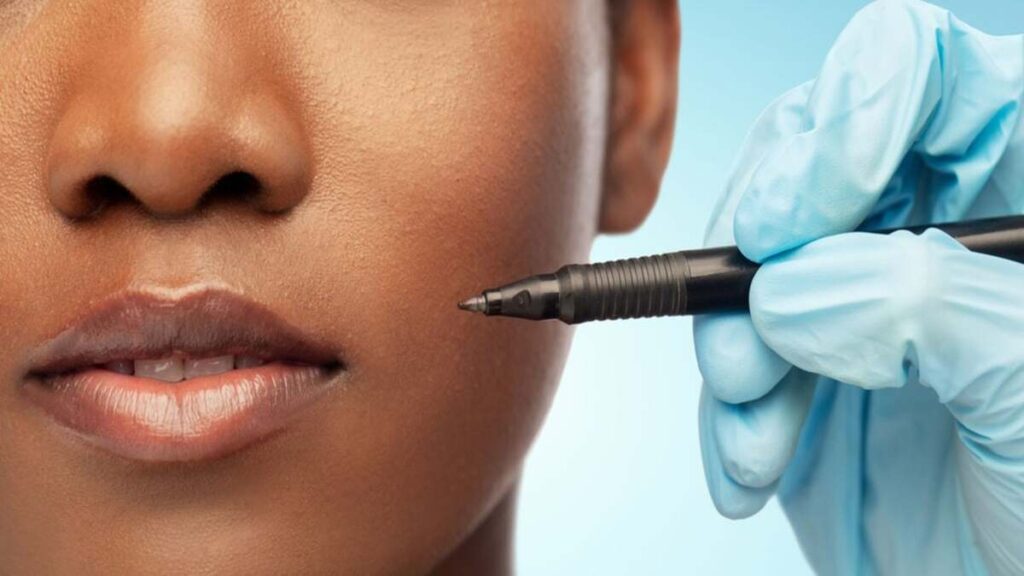In a decisive move to protect public health, Kenyan authorities have launched a sweeping 30-day nationwide crackdown on illegal medical spas. This action follows the tragic death of a 47-year-old woman after a botched liposuction procedure in Nairobi.

Lucy Wambui’s death has sent shockwaves through Kenya’s healthcare sector and highlighted the urgent need for stricter regulation of cosmetic surgery facilities. The incident occurred at Omnicare Medical, operating under the name “Body By Design,” where Wambui underwent what should have been a routine liposuction procedure on October 16, 2024.
Mary Muthoni, the Principal Secretary for Public Health and Professional Standards, announced the crackdown during a press conference in Nairobi. “We cannot stand by while unlicensed facilities put Kenyan lives at risk,” she declared. “Every medical spa in the country will face thorough inspection and evaluation.”
The investigation into Wambui’s death has revealed a disturbing pattern of negligence. Shortly after her procedure, she developed severe complications, including intense abdominal pain and breathing difficulties. Despite these serious symptoms, the facility discharged her on October 22, just six days after the surgery.
Chief Government Pathologist Dr Johansen Oduor conducted the post-mortem examination, which revealed that Wambui died from acute pneumonia caused by untreated bacterial infections. “This case bears striking similarities to another death we investigated nearly a decade ago,” Dr Oduor noted. “Both incidents show the devastating consequences of substandard medical care.”
The Kenya Health Professional Oversight Authority (KHPOA) now faces the mammoth task of inspecting medical spas across the nation. They must submit a comprehensive report within the 30-day timeframe, detailing the compliance status of these facilities with established healthcare standards.
The nationwide inspection will thoroughly examine each facility’s operations, beginning with the verification of medical practitioners’ credentials. Inspectors will assess facility hygiene standards and review emergency response protocols. The evaluation will also include detailed examinations of patient care procedures and thorough inspections of medical equipment and supplies.
Healthcare experts have long warned about the risks associated with unregulated cosmetic surgery facilities. Dr Sarah Kimani, a leading plastic surgeon in Nairobi, welcomes the crackdown. “For years, we’ve seen an alarming rise in complications from procedures performed at unlicensed facilities,” she explains. “These establishments often prioritise profit over patient safety.”
The Ministry of Health has established a dedicated hotline for the public to report suspicious medical spa operations. Officials encourage citizens to come forward with information about facilities operating without proper licenses or those employing unqualified staff.
This regulatory action comes amid a growing trend of cosmetic procedures in Kenya, particularly in urban areas. Popular treatments include liposuction, tummy tucks, and breast augmentations. However, the increasing demand has led to a proliferation of illegal facilities offering these services at reduced prices.
Family members of Lucy Wambui have spoken out about their loss. “We trusted this facility with our mother’s life,” says John Kamau, Wambui’s eldest son. “Now we want justice and changes that will prevent other families from experiencing such tragedy.”
Legal experts suggest this case could lead to significant reforms in Kenya’s healthcare sector. Lawyer Patricia Nyawira believes the incident might prompt parliament to introduce stricter penalties for illegal medical operations. “Current regulations need updating to address the specific challenges posed by cosmetic surgery facilities,” she argues.
The Kenya Medical Practitioners and Dentists Council has pledged full support for the initiative. The Council’s chairperson emphasised their commitment to ensuring all medical facilities meet required standards. “We will not hesitate to shut down any facility that fails to comply with regulations,” he stated.
International healthcare organisations have also taken notice of Kenya’s crackdown. The World Health Organization’s regional office praised the swift response, noting that similar actions might benefit other African nations facing comparable challenges.
As the crackdown unfolds, authorities plan to publish regular updates on their findings. The Ministry of Health has promised complete transparency throughout the process, including publishing a list of approved facilities once the evaluation period ends.
For now, health officials advise anyone considering cosmetic surgery to thoroughly research their chosen facility and verify the credentials of all medical staff involved. They recommend checking the KHPOA’s database of licensed practitioners and facilities before undertaking any procedure.
This nationwide operation represents Kenya’s most ambitious attempt yet to regulate the booming cosmetic surgery industry. Its success could set a precedent for healthcare enforcement across East Africa and potentially save countless lives from dangerous illegal operations.